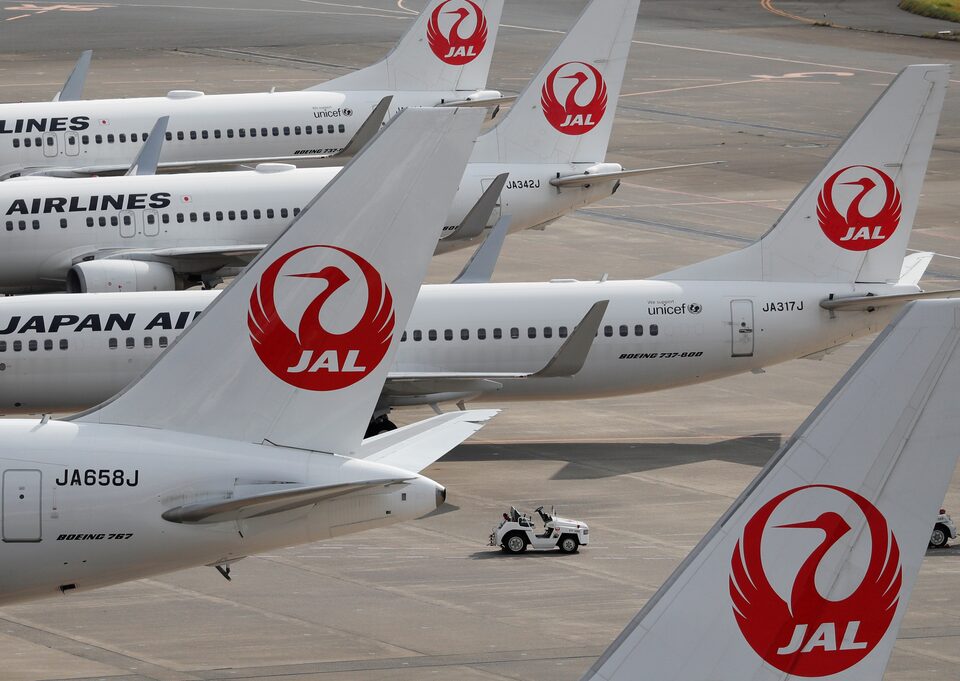Cyberattack Hits Japan Airlines, Delays 24 Domestic Flights Amid Holiday Rush

Japan Airlines (JAL) experienced a cyberattack on Thursday, disrupting its network systems and delaying 24 domestic flights. The attack, aimed at overwhelming the airline’s network with excessive data traffic, caused delays of over 30 minutes but did not compromise flight safety or leak customer data, according to the airline.
The issue emerged early Thursday morning, with JAL’s internal and external network connections malfunctioning. The carrier quickly identified the problem as a denial-of-service (DoS) attack and was able to mitigate the issue and restore systems within hours. Despite the disruption, ticket sales for both domestic and international flights, which were temporarily suspended, resumed later in the day.
The attack comes during Japan’s year-end holiday travel period, with millions traveling nationwide for New Year celebrations. Tokyo’s Haneda Airport terminals witnessed significant passenger congestion during the attack. Chief Cabinet Secretary Yoshimasa Hayashi announced that the transport ministry had urged JAL to expedite system restoration and assist impacted travelers.
While other airlines, including ANA Holdings, Skymark, and Starflyer, were not affected, the incident has reignited concerns about Japan’s cybersecurity resilience. Experts have warned about the country’s vulnerabilities, particularly as Japan enhances its defense capabilities and deepens partnerships with nations possessing robust cyber defenses.
Recent cyberattacks on Japanese institutions further highlight the urgency for stronger cybersecurity measures. In June, Japan’s space agency reported a series of attacks targeting sensitive systems, and last year, a cyberattack stalled operations at the Nagoya container terminal for three days.
The timing of the attack, coinciding with peak travel season, underscores the disruptive potential of cyber threats. As Japan advances its digital infrastructure, experts stress the importance of reinforcing safeguards to protect critical operations and infrastructure.

